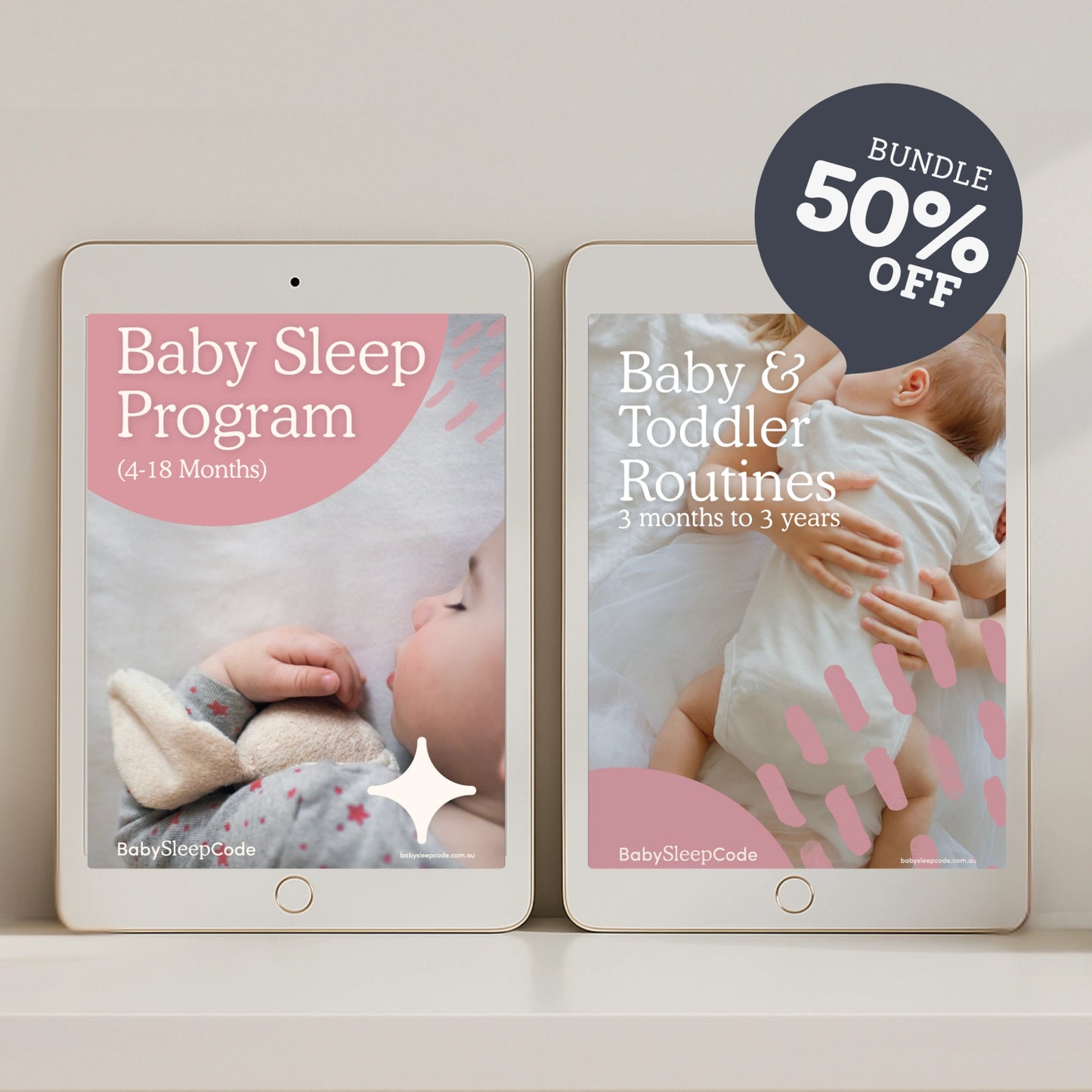The AAP, RedNose, and The Lullaby Trust all agree that the safest place for a baby to sleep is in their own safe sleep space (cot/crib) but in their parents room for at least the first 6 to 12 months.
But for those parents who choose to bedshare (or are reactively bedsharing) there are guidelines on how to reduce the risks of SIDS and sleeping accidents when bedsharing.
These include:
- Place your baby on their back to sleep (never on their tummy or side). This helps to protect their airways.
- Keep baby’s head and face uncovered by keeping pillows and adult bedding away from your baby. Use a safe sleeping bag with baby’s arms out – don’t wrap or swaddle baby when bed-sharing.
- Make sure the mattress is firm and flat. Don’t use a waterbed, or anything soft underneath – for example, a lamb’s wool underlay or if your mattress has a pillow/foam top.
- Tie up long hair and remove anything else that could be a strangling risk, including all jewellery, teething necklaces and dummy chains.
- Move the bed away from the wall, so baby can’t get trapped between the bed and wall.
- Make sure your baby can’t fall out of bed. Consider sleeping on your mattress on the floor if it’s possible your baby might roll off the bed.
- Create a clear space for your baby and place your baby on their back to the side of one parent away from the edge, never in the middle of two adults or next to other children or pets as this can increase the risk of overheating and suffocation.
- Falling asleep holding baby on a couch or chair is always unsafe and increases the risks of SIDS by 50 times – move yourself and baby to a safe sleep environment if you think you might fall asleep.
There are also some circumstances when it is never considered safe to bedshare with your baby, and these include
- Your baby was born preterm or low birth weight
- When you don’t have a safe firm and flat mattress suitable for infant sleep (Never sleep on a sofa or armchair with your baby as this can increase the risk of SIDS by up to 50 times)
- You are overly tired or unwell
- If you or someone in your home smokes
- You or anyone else in the bed have recently drunk any alcohol, drugs or medication that make you feel sleepy
- If you are also bedsharing with other children or there is a risk of another child or animal entering the bed
Looking to make the transition from bedsharing to having your baby feel content in their own crib, sleeping soundly there day and night? Transform your baby's sleep, nurture a happier, well-rested baby, and start thriving in parenthood with - The Baby Sleep Code Program.












